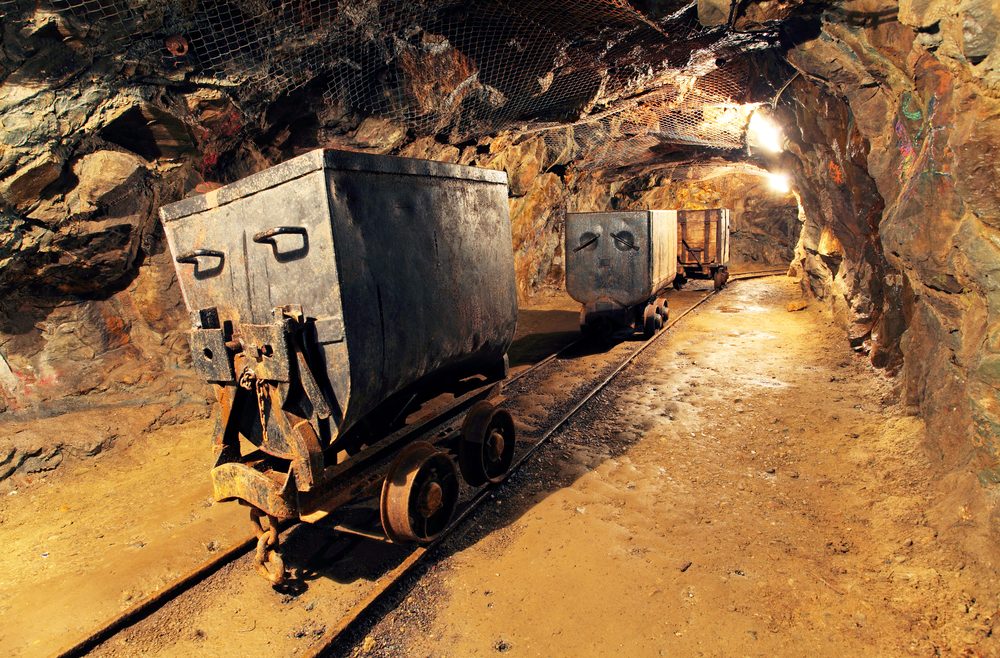SUMMARY
This is AI generated summarization, which may have errors. For context, always refer to the full article.

MANILA, Philippines – The government is considering an Indonesian-style ban on exports of unprocessed minerals. This is part of efforts to breathe life into the country’s dormant iron and steel industry, according to the Department of Environment and Natural Resources (DENR).
On the sidelines of the Mining Industry Coordinating Council meeting held on Friday March 3, DENR Undersecretary Maria Paz Luna said the government is set to study as template the ban on exports of nickel ore imposed by Indonesia.
“We are going to review and consider that. In the long term that will help our economy because that will increase the value add of the products,” she said.
“We don’t have to import end products and export raw materials. In fact some of our ore being exported is only valued for specific metals when they contain other metals as well…. We are going to look at future policies to make sure that our metals are used for national industrialization and for the purposes that we need them for,” Luna said.
Indonesia imposed the ban in 2014 to encourage a move to higher value smelting industries which in turn led to the Philippines becoming the world’s largest nickel ore exporter.
In February, however Indonesia took steps to relax that ban in part because its mining firms missed deadlines to produce new smelting plants.
Dormant steel industry
“The Philippines has been consuming a lot of iron and steel products. We are not producing steel from our mineral ores, so that it is now envisioned to reestablish or establish the iron and steel making industry by using the mineral ores chromite in our iron ores to spur development of the Philippines,” said Juanco Pablo Calvez, chief of the metallurgical technology division of the Mines and Geosciences Bureau.
Calvez noted that, in 2015, the country only produced one million metric tons (MT) of crude steel that came from scratch but consumed 8.8 million metric tons of steel in 2015.
The Department of Tarde and Industry has also identified the imbalance and has taken steps to remedy it.
DTI Undersecretary and Board of Investments managing head Lucita Reyes pointed out that the government has been pushing value adding activities and downstream industries for strategic metal ores.
“The interest of DTI is basically putting more value add on the mineral ores that we are currently exporting to other countries, and that is the reason why we have developed the copper roadmap as early as 2015. We have identified certain projects to put more downstream processing of copper ore that is normally exported to other countries,” she said.
One such measure is creating a cluster of small industries at the Philippine Associated Smelting and Refining Corporation located inside the Leyte Industrial Development Estate, she noted.
“At the same time we would like to revive the iron and steel industry in the Philippines. We all know that National Steel is closed already. Now we would like to revive that certain industry,” she said.
The DENR is embroiled in a dispute with the mining community after it announced the closure of 23 mines and suspension of 5 others in early February.
It then followed that up with another announcement cancelling 75 mineral production sharing agreements in watersheds all over the country. – Rappler.com
Add a comment
How does this make you feel?
There are no comments yet. Add your comment to start the conversation.